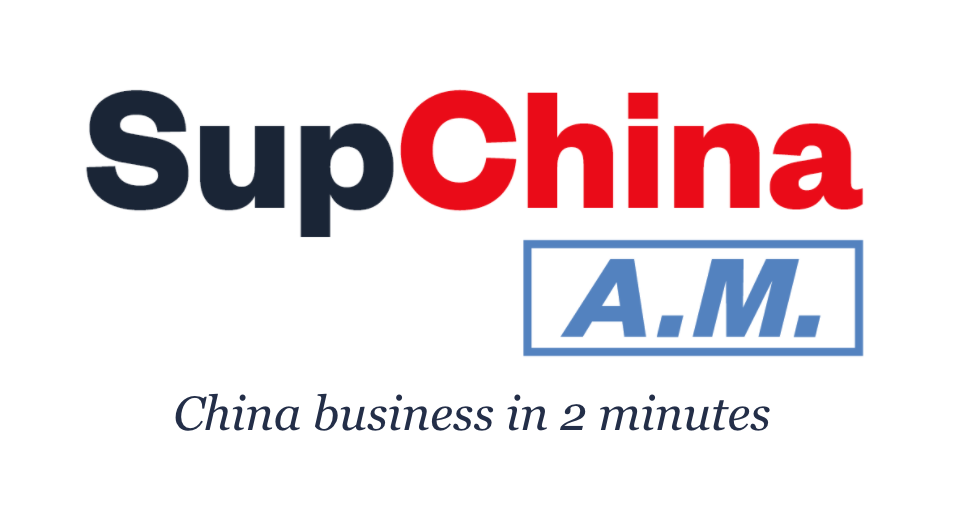China may be taking influential stakes in more U.S.-listed companies
A story from the The China Project A.M. newsletter. Sign up for free here.

Beijing is gearing up to play a more active role in the governance and operation of its big companies, with a particular focus on U.S.-listed firms, per Reuters.
- The government is pursuing more “golden share” arrangements and doing so more openly. The practice, which originated in the United Kingdom and has been used broadly outside of China, refers to buying a stake in a firm that’s as small as 1% in exchange for a board seat and/or veto rights.
- The most recent example was a deal with Manbang Group. The U.S.-listed truck-hailing platform holds vast amounts of transportation and user data.
The context: For some five years, China’s government has taken golden shares in media companies to strengthen its oversight and control over their content. Now, China wants to replicate that form of oversight and control across other sectors.
- Golden share agreements often fly under the radar since there’s a delay of at least a year between when the ownership change takes place and when it’s publicly registered. For example, the Manbang deal was sealed sometime in 2019 or 2020, but only came to light in May.
- The change goes hand-in-hand with the country’s new data security law that demands more stringent security measures and risk assessments.
- It’s no coincidence that Manbang has been investigated by the Cyberspace Administration of China over data security concerns, along with Didi, which is thought to be next in line for the golden share treatment.
Why it matters: Broader use of golden shares could mean more risk for U.S. investors, especially since many U.S.-listed Chinese stocks use a VIE structure that grants investors no ownership stake — and thus no influence — in the actual China-based company. On the other hand, some might say the government’s steady hand could reduce risk by making its involvement in the private sector more transparent and predictable.






